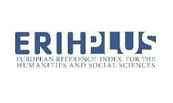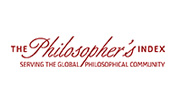RUMOURS IN MECCA DURING THE MAMLUK ERA (648-923 AH / 1250-1517 AD): A HISTORICAL ANALYTICAL STUDY
Dr. MONA YOUSEF AHMED ALHAJAJI
Social Sciences Department, College of Education in Al-Kharj, Prince Sattam bin Abdulaziz University, Al Kharj 11942, Saudi Arabia
DOI: https://doi.org/10.24204/ejpr.2025.4818
Abstract
This study investigates the role and influence of rumours in Mecca during the Mamluk era (648–923 AH / 1250–1517 AD), with a focus on their political, military, economic, and religious dimensions, as well as their implications for societal stability. Adopting a historical-analytical methodology, complemented by selected quantitative data, the research draws upon archival chronicles and documented incidents to identify patterns and motivations underlying the dissemination of rumours. The findings reveal that 94% of these occurrences took place during the Burji Mamluk period, suggesting a strong association between political instability and the proliferation of misinformation. Rumours were frequently utilised as tools of psychological warfare by ruling elites and local factions, especially during periods of political transition, the Hajj season, and episodes of military or economic turbulence. The study underscores the deliberate deployment of rumours to manipulate public opinion, discredit opponents, and reinforce authority. Furthermore, it documents governmental measures to suppress rumours, including arrests, official denials, and punitive responses. The research concludes that rumours played a pivotal role in shaping public discourse and political developments in Mecca, serving both as manifestations and instruments of power relations. These findings enhance the understanding of information control within Islamic history and provide valuable insights for contemporary discourse on misinformation, social cohesion, and governance in sacred and politically sensitive contexts.
Keywords: Rumours, Mecca, Mamluk Era, Psychological Warfare, Intellectual Awareness, Societal Security






